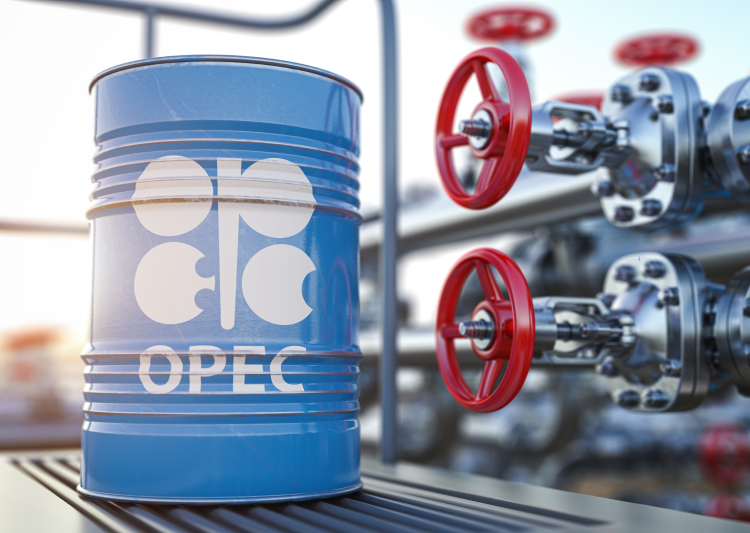The Organisation of Petroleum Exporting Countries (OPEC) is becoming sensitive and restless over perceived market volatility.
The Organisation’s secretary general, Haitham Al Ghais and Iraq’s prime minister met over the weekend calling for coordinated action among oil exporters globally in order to reduce volatility in the oil market and avoid adverse impacts for consuming countries.
The official spoke during a meeting with Iraqi prime minister, Mohammed Shia al-Sudani, who joined the call for coordination on oil markets. None of the officials went into detail as to what such coordination could entail.
Earlier this month, the Saudi energy minister said that OPEC+ would maintain its tighter supply plans.
“There are those who continue to think we would adjust the agreement. I say they need to wait until Friday December 29 2023 to demonstrate to them our commitment to the current agreement,” Abdulaziz bin Salman told Energy Intelligence in an interview.
Meanwhile, Iraq’s oil minister said over the weekend that Iraq OPEC’s second-largest producer remains committed to the OPEC+ agreement on production limits.
Hayan Abdel-Ghani, however, added that Iraq was prepared to boost oil production, too, if called upon to do so.
Iraq’s government has plans to increase the country’s oil production capacity substantially from the current rate of around 4.5 million barrels daily. However, the same government has repeatedly stated it is fully behind OPEC and its production adjustment measures.
Outside OPEC, meanwhile, oil executives are warning that the cartel is back in the driving seat for global oil supply and this might mean higher prices down the road.
“I think the people that are in charge now are three countries and they’ll be in charge the next 25 years,” chief executive of Pioneer Natural Resources, Scott Sheffield, said on the sidelines of CERAWeek this month, as quoted by the Financial Times.
“Saudi first, UAE second, Kuwait third. Does it mean that the power is just going back to OPEC if the US starts keeping [production] flat? We’re 10 per cent of the world’s oil production and OPEC plus Russia is a much larger percentage. So yeah, they can dictate things probably more than we would,” the chief executive of Devon Energy, Rick Muncrief, told the FT.





